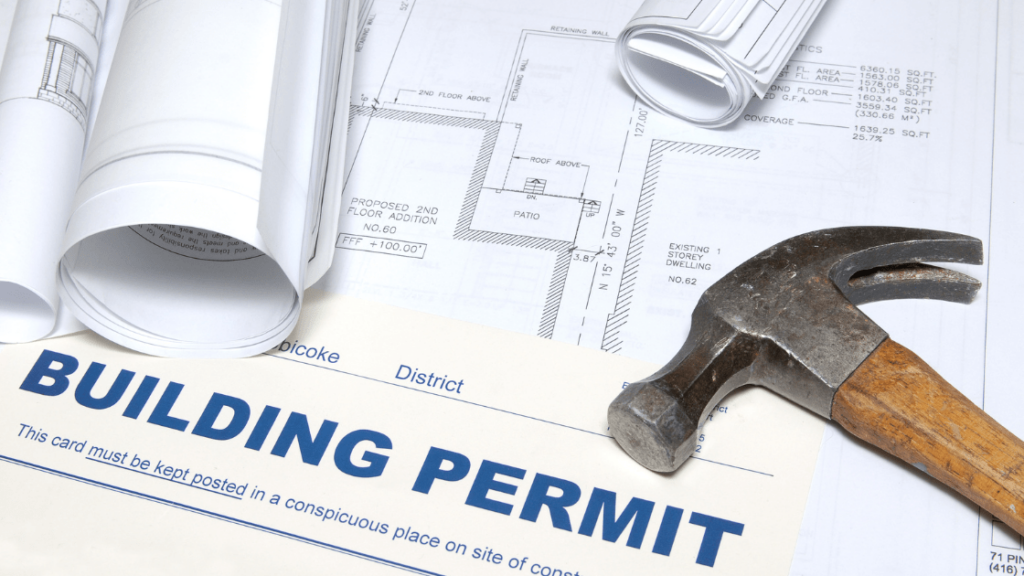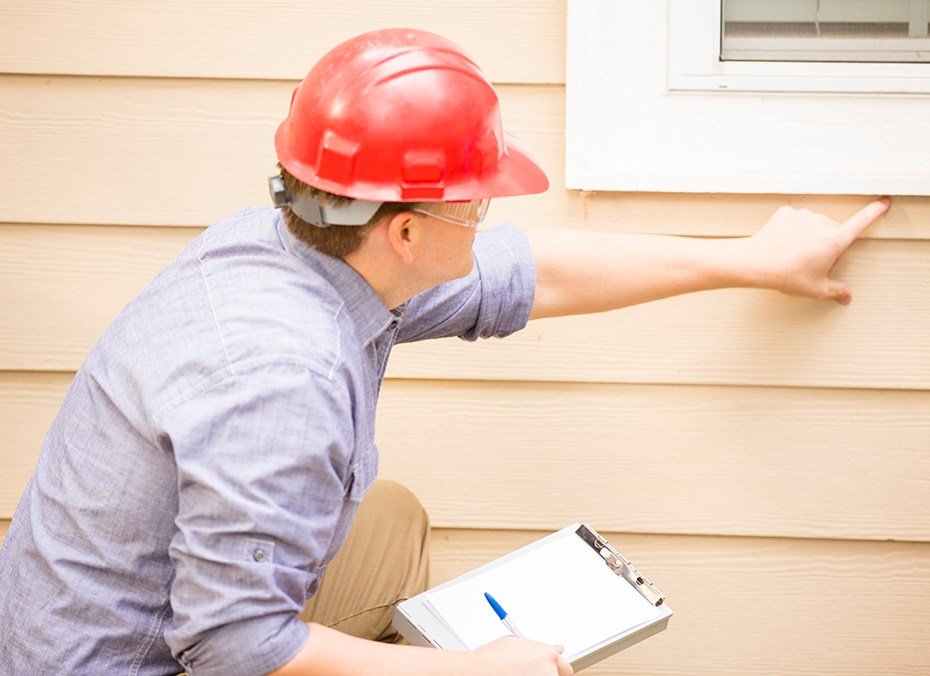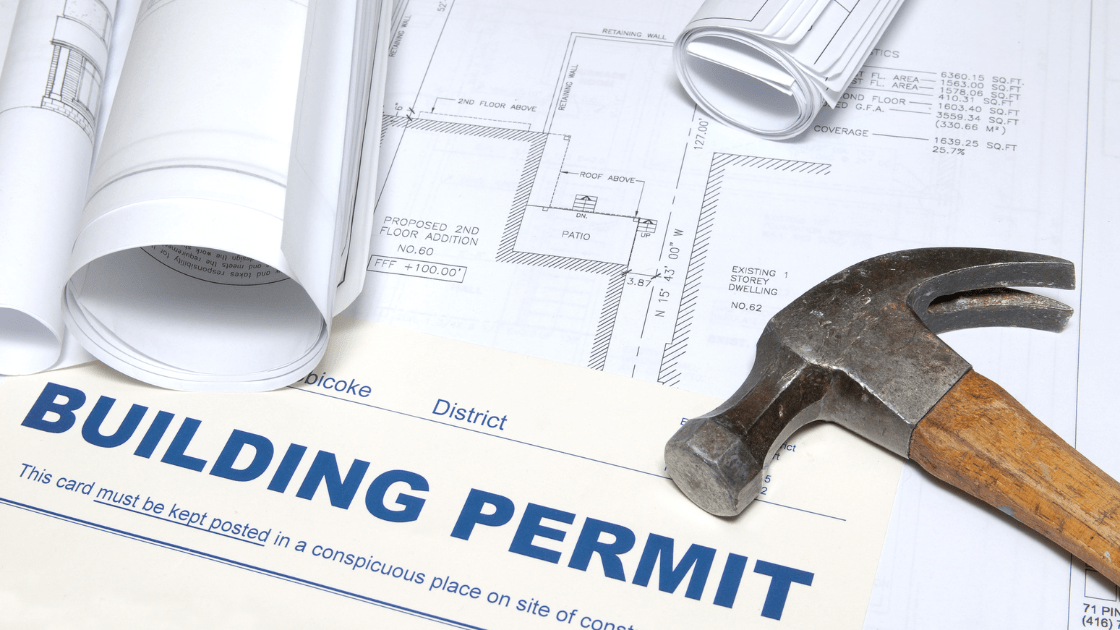Can I Sell a House with Code Violations in Massachusetts?

Has your property been cited for a code violation? If your home has had extensive work done by an unlicensed contractor or handyman over the years, there’s a good chance you may have hidden residential building code violations as a result. Even if you recently bought a house with previous code violations, you may still be responsible for addressing them. We specialize in buying houses with code violations throughout Massachusetts. Learn about how our process works here.
If you own a property with a code violation in Massachusetts, resolving the typically involved fees can be quite expensive. The code itself is complex, and businesses must meet certain minimum standards to remain operational.
Under Massachusetts law, it’s the responsibility of the local city inspector to ensure that buildings are up-to-code.
What Does It Mean for a Property to Be ‘Up to Code’?
In the state of Massachusetts, there are specific building codes that property owners must adhere to. Violation of these codes can lead to penalties and may affect the sale or lease of the property. Some common Massachusetts building code violations include:
- Structural Strength: The structural strength is a crucial aspect of any building’s compliance with the code. It examines whether the building’s foundation and frame are robust enough to stand against natural forces like wind, gravity, and seismic activity. This includes checking for cracks in the foundation, assessing the condition of load-bearing walls and beams, and ensuring that the building has been built and maintained following construction standards.
- Means of Egress: The code mandates that there should be clear, unblocked paths leading out from every part of the home to facilitate quick evacuation in case of fire or other emergencies. These exits often include doors, windows, or stairways that lead directly outside. Other elements considered under this category include signs indicating the direction towards exits in larger buildings and visibility of exit routes even under power outage.
- Lighting / Ventilation: A well-lit and properly ventilated home not only creates a comfortable living environment but also contributes to maintaining good indoor air quality. Codes require rooms to have appropriate light fixtures – both artificial and natural. Proper ventilation is ensured by examining if adequate fans are installed in places like bathrooms and kitchens where moisture and odors are common. Also, it checks for sufficient natural light entering each room through windows or skylights.
- Sanitation: Sanitation is primarily about the plumbing system’s functionality. A well-maintained plumbing system ensures effective drainage of wastewater from sinks, showers, toilets, and other fixtures without causing blockages or leakages. Regular inspections can help detect issues like leaky pipes or faulty valves early on before they escalate into major problems.
- Fire Safety: Fire safety is an integral part of building codes. It involves checking whether smoke detectors are installed at appropriate locations and function correctly, presence of fire extinguishers within easy reach, use of fire-resistant materials in construction, and maintaining safe distances between potential fire sources (like stoves) and flammable materials (like curtains).
- Energy Conservation: As part of the modern building codes, energy conservation has gained significant attention. It involves evaluating the efficiency of the heating and air conditioning system in terms of power consumption and ability to maintain comfortable indoor temperatures. Energy-efficient systems not only contribute to environmental sustainability but also result in substantial savings on utility bills.
Each one of these categories has specific rules and standards set by the local building authorities. Compliance with these codes ensures that your property is safe, functional, and efficient. Violation of these codes can lead to penalties and might prove a hindrance if you decide to sell or lease your property in the future.
In Massachusetts, there are numerous fees that are typically involved and it can be quite costly to resolve building code violations. The code is quite complex and minimum standards are required in order to stay in business.
Common Examples of Code Violations
Here are some typical code violations that homeowners may encounter:
- Bad Electrical Systems: One common violation involves inadequate or poorly installed electrical systems. These systems not only pose significant fire hazards but can also lead to electrocution risks. Outdated wiring, overloaded circuits, and improper installation are some frequent issues that can lead to severe consequences if not addressed promptly.
- Missing Handrails on Staircases: Building codes require safety measures like handrails on staircases to prevent accidents. The absence of handrails can increase the likelihood of slip-and-fall incidents, posing a serious risk especially for children and older adults. It also opens up potential liability issues if someone were to get injured on the property.
- Missing Smoke Alarms: Smoke alarms are vital for early warning in case of a fire. They must not only be installed correctly but should also be regularly maintained and tested to ensure they are functioning properly. Absence or non-functioning smoke alarms can lead to delayed evacuation, increasing the risk of injury during a fire.
- Poor Bathroom Ventilation: Bathrooms should have proper ventilation systems in place to prevent excessive moisture build-up. Inadequate ventilation can result in dampness leading to mold growth, which is linked with various health issues including allergies and respiratory problems.
- Old / Dangerous Windows: Aging windows that haven’t been replaced may pose safety risks due to weakened structures, broken glass, or poor locking mechanisms. They may also be inefficient in terms of energy conservation as they allow heat exchange between the interior and exterior environment, leading to higher heating or cooling costs.
- Water Heater Issues: Water heaters require regular maintenance and timely upgrades. Neglected or outdated water heaters can lead to operational inefficiencies and even cause damage through leaks or ruptures. In worst cases, it could lead to potential health hazards due to the growth of harmful bacteria in stagnated water.
These are just a few examples, as there are many other building code violations that could apply to a property. These include zoning violations, noise violations, and abatement citations. If you’re a landlord, tenants may also contact the city if they believe their living conditions are unsanitary, which can create additional problems if left unaddressed. Bad tenants who are facing eviction may frequently reach out to city inspectors in an attempt to gather evidence against the property owner for legal purposes.

What is the most common building code violation?
The most common building code violation can vary depending on the location and type of property. However, some of the frequently encountered violations include improper electrical wiring, inadequate smoke detectors or fire alarms, lack of proper egress routes, and failure to obtain necessary permits for renovations or construction. These violations not only compromise the safety of the occupants and neighboring properties but also subject the property owner to potential fines and legal consequences. It is crucial for property owners to stay informed about local building codes and prioritize regular inspections to ensure compliance.
Selling Your House with Code Violations
If you’re wondering whether it’s possible to sell your house without having to bring it up to code first, the answer is yes! You can still sell your home even if it has building code violations. As professional real estate investors with BBB accreditation, we specialize in purchasing houses in their current condition, regardless of compliance with building codes. This means:
- You don’t have to deal with the hassle and financial burden of fixing the issues yourself.
- You don’t need to worry about obtaining new permits or redoing any work.
- Instead, you can explore the option of selling your house quickly and moving on.
When you reach out to us for a consultation, we’ll schedule an in-person meeting to assess your home together. This allows us to provide you with a fair offer based on the property’s condition. Since we make cash offers, you can expect fast closings without the uncertainty of whether your house will sell or not.
For more information on Massachusetts building code laws, you can refer to the following resources:
- Massachusetts State Building Code – 780 CMR
- Housing Code Checklist from Mass Legal Help (particularly useful for current landlords)
- Guidelines for Landlords in Massachusetts
We’re here to help! If you have any questions or would like to discuss your situation further, please don’t hesitate to get in touch with us using the quick contact form below. We understand the challenges that come with dealing with code violations and are committed to finding solutions that work best for you.

